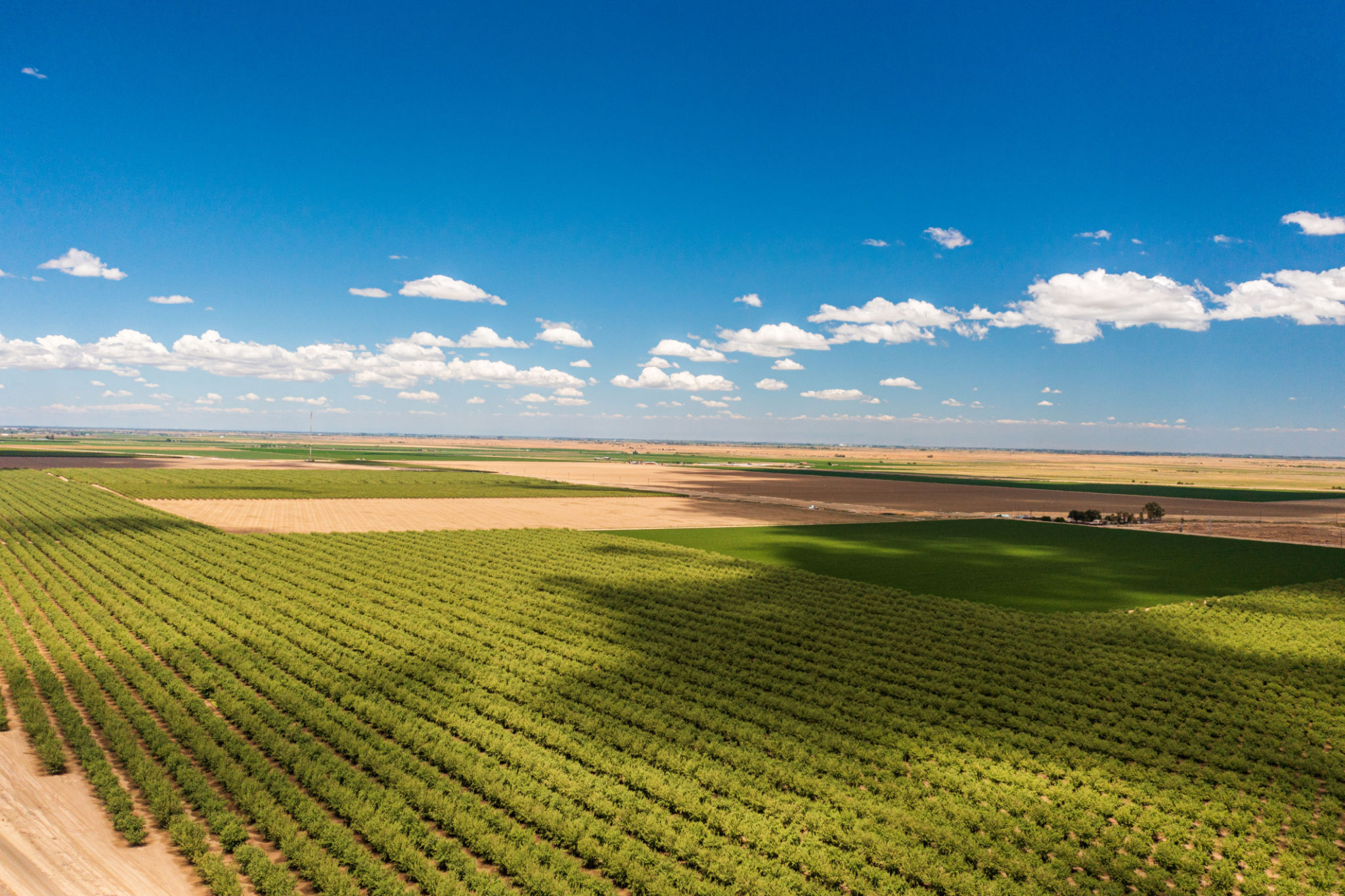Understanding the Role of Agronomic Training in Modern Farming
The Importance of Agronomic Training in Modern Agriculture
Modern farming is a dynamic and evolving field, driven by continuous innovations and advancements. At the heart of this transformation is agronomic training, which equips farmers with the knowledge and skills necessary to optimize their farming practices. This training is crucial for enhancing productivity, improving sustainability, and ensuring the economic viability of agricultural enterprises.
Agronomic training involves educating farmers on crop management, soil fertility, pest control, and the latest agricultural technologies. By understanding these aspects, farmers can make informed decisions that lead to higher yields and reduced environmental impact. As the global population continues to rise, the demand for food production increases, making efficient farming practices more critical than ever.

Enhancing Crop Management
One of the primary focuses of agronomic training is crop management. Farmers learn how to select the right crops for their specific climate and soil conditions, as well as the best planting and harvesting techniques. This knowledge allows them to maximize their output while minimizing resource use. Effective crop management also includes understanding crop rotation and diversification strategies to maintain soil health and reduce pest infestations.
Furthermore, agronomic training teaches farmers about the importance of precision agriculture. This technology-driven approach uses data and analytics to monitor and manage crops with high precision, leading to better resource management and increased farm productivity.

Improving Soil Health
Soil health is a critical component of successful farming. Agronomic training provides farmers with insights into soil testing, nutrient management, and organic matter replenishment. By learning how to maintain healthy soils, farmers can ensure long-term productivity and sustainability. Techniques such as cover cropping and reduced tillage are often emphasized to prevent soil erosion and enhance soil structure.
Understanding soil health also involves recognizing the role of microorganisms in nutrient cycling and plant growth. Agronomic training helps farmers implement practices that support beneficial microbial activity, which is essential for sustainable farming systems.

Adapting to Climate Change
Climate change poses significant challenges to agriculture, affecting weather patterns, water availability, and crop viability. Agronomic training prepares farmers to adapt to these changes by teaching them about climate-resilient crops, water management techniques, and risk mitigation strategies. Farmers learn how to implement irrigation systems efficiently and develop contingency plans for extreme weather events.
With agronomic training, farmers are better equipped to deal with the unpredictability of climate change, ensuring the resilience of their farming operations in the face of environmental challenges.

The Economic Impact
Agronomic training not only enhances farming techniques but also contributes to the economic success of agricultural enterprises. By increasing efficiency and reducing input costs, farmers can improve their profitability. Training programs often include financial management and marketing strategies, enabling farmers to better navigate market demands and price fluctuations.
Moreover, agronomic training supports rural development by providing employment opportunities and fostering community resilience. As farmers become more knowledgeable and skilled, they contribute to the overall economic growth of their regions.
Conclusion
In conclusion, agronomic training plays a vital role in modern agriculture by equipping farmers with the necessary tools and knowledge to thrive in an ever-changing environment. Through improved crop management, soil health practices, climate adaptation strategies, and economic insights, agronomic training ensures that farmers can meet the challenges of today while preparing for the demands of tomorrow. As we continue to advance in agricultural technology and practices, the value of agronomic training becomes increasingly evident in securing a sustainable future for global food production.
